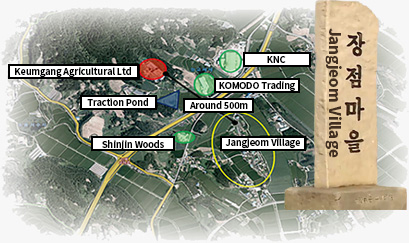본문
Identity of TSNAs
What are TSNAs
Tobacco-specific Nitrosamines (TSNAs) are residual contaminants from the tobacco plant that bind to nicotine. The most widely discussed TSNAs are Group-1 carcinogens such as N-Nitrosonornicotine (NNN) and N-Nitrosamine Ketone (NNK), then N-NitrosoAnabasine (NAB) and N-NitrosoAnatabine (NAT).
Carcinogens are a substance that promotes the formation of cancer and or tumor.
Scientific studies find that, contrary to popular belief, nicotine is not carcinogenic to humans; however, regardless of the purity level in tobacco-derived nicotine, TSNAs cannot be wholly removed. As tobacco leaves are processed and cured, along with their environment for growing the plant, such as soil nitrate concentration, TSNA levels will vary. Several tobacco manufacturers intentionally increase the levels of TSNA in their nicotine as they believe it gives the nicotine a better taste and potency.
Given the abundance of scientific findings on the harmful effects of TSNAs, the US FDA guides companies applying for Nicotine Replacement Products (NRT) to reduce the levels of TSNAs to a low standard or even undetected limits. The US FDA requires all NRT products to state the levels of TSNA and has proposed a rule, which has yet to be adopted, in setting a standard for the TSNA limits.
Dangerous Hazards of TSNAs
In July 2001, the small rural village of Jangjeom in Iksan City, Jeollabuk-do, was exposed to substantial TSNA from a nearby tobacco factory. While initially hidden from the public, the exposure affected ~35-residents from a total population of ~80-residents with cancer. Protests and calls for investigation in 2017 have confirmed the damaging effects of TSNA exposure. The nearby soil, dust and water reservoir was also contaminated.
As of 2019, half the patients resulted in cancer deaths, with the remaining continuing to undergo cancer treatment.

-
[Kukmin Ilbo on Nov. 14, 2019]
The cause of the cancer occurrence to a group of residents in Jangjeom village in Iksan was a fertilizer factory using ‘tobacco refuses’.
-
[Hankyoreh on Nov. 14, 2019]
18-years of torment in Jangjeom village in Iksan city… a fertilizer factory was a ‘cancer-generating factory.’
-
[TV Chosun on Nov. 15, 2019]
Outbreaks of Cancer to residents in Jangjeom village. “Due to drying of tobacco leaves at a fertilizer factory.”
